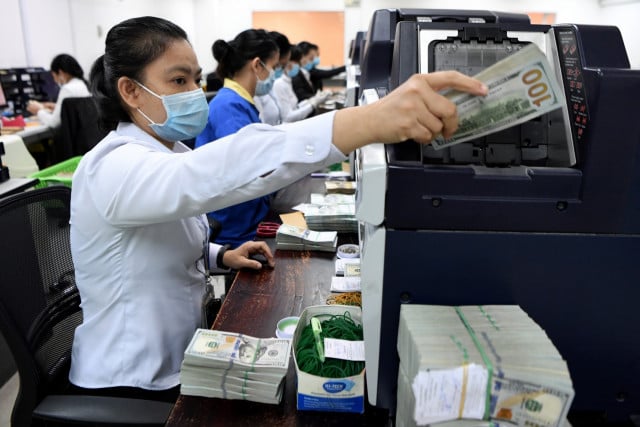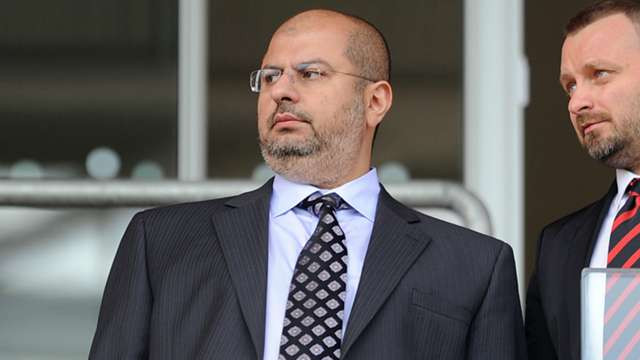Opinion: Last Chance for Microfinance in Cambodia?

- By Christian Berger
- May 19, 2022 1:44 PM
After months of relative silence, the subject of microfinances is back in the headlines. Some statements are still resorting to polemics and continue to base their assessment on ideology rather than on reality. Others, however, are finally trying to put the core of the problem on the table for analysis and discussion.
As Molika Heng in her recent article in “The Diplomat” put it, “The existing regulations do not have clear implementation and regulatory mechanisms and lack a uniform standard to ensure effectiveness and success. If there is no effective policy to resolve Cambodia’s debt crisis, there will be many future consequences.”
I cannot but agree, underlining that this is a crisis fueled of course by excessive private, not public debt. And I find it noteworthy that one of the political parties competing for the communal elections is paying specific attention to the microfinance subject.
Therefore, I think it is good that concerned NGOs have formally requested the compliance advisor ombudsman of the International Finance Corporation to examine the sector – and he has accepted it on behalf of IFC. It seems that the concerns raised by the NGOs are in line with the ongoing comprehensive field research by a German team on microfinance to which I will come back later.
My position: Microfinance significantly contributed to Cambodia’s growth after 1990.
Microfinance gave people access to credit they otherwise would not have had. However, in recent years credit has grown out of hand and the excessive debt burden has forced borrowers to undertake desperate action.
Covid is not the cause of the problem. This malfunction started years before Covid. This malfunction shows that self-regulation is not working. The National Bank of Cambodia managed to somehow stabilize the sector. However, the root causes are so far neither fully analyzed nor addressed.
Why did things take such a bad turn? I have not seen full results of the German field study mentioned above. The report is due in June. However, a first overview seems to indicate that some MFIs have developed aggressive lending practices which have led to excessive borrowing. This negative behavior pattern was also observed by NGOs monitoring the evolution of the sector.
On the other hand, union representatives have told me that for many union members, microfinance continues to be a reasonable instrument they have relied on in the past. To abandon microfinance would exclude them from access to credit. Workers are not attractive clients for the normal banks. In other words, if there is no microfinance system, all the workers can do is to go to the pawn-shop or the credit shark.
So what now?
I can only repeat my humble suggestions: At the invitation of the National Bank of Cambodia, all stakeholders should sit together and systematically discuss the way out.
What is needed to eliminate the apparent “culture of credit” in Cambodia?
Certainly, a set of clear and enforceable rules including on transparent calculation of credit cost, on repayment capacity of potential clients, on prohibition of collusion between the formal and the informal sector, and on land titles as collateral.
Certainly, an all-out effort on improving credit literacy. There may be other elements, like how to help customers who have already fallen into the debt trap. The agenda is for the Khmer to decide.
You may say that I am asking much. You are right, I am fully aware of that, and the way some (not all!) MFIs are alleged to have taken advantage of the ignorance of poor people is appalling. So this will not be an easy one, and I do not envy the National Bank for having to chair the discussion.
But may I point out one last time that if you don’t comprehensively tackle the problem, “business as usual” or “going to the loan shark” are the remaining alternatives.
This is the last time I will contribute to the discussion on microfinance because I will unfortunately be leaving Cambodia at the end of June. This is therefore also the last time that I can appeal to all actors including CSOs to participate in a joint effort. As for the CSOs, their role was crucial to start off crisis management and it remains crucial when it comes to eliminating the root causes.
Christian Berger Ambassador of the Federal Republic of Germany to the Kingdom of Cambodia















